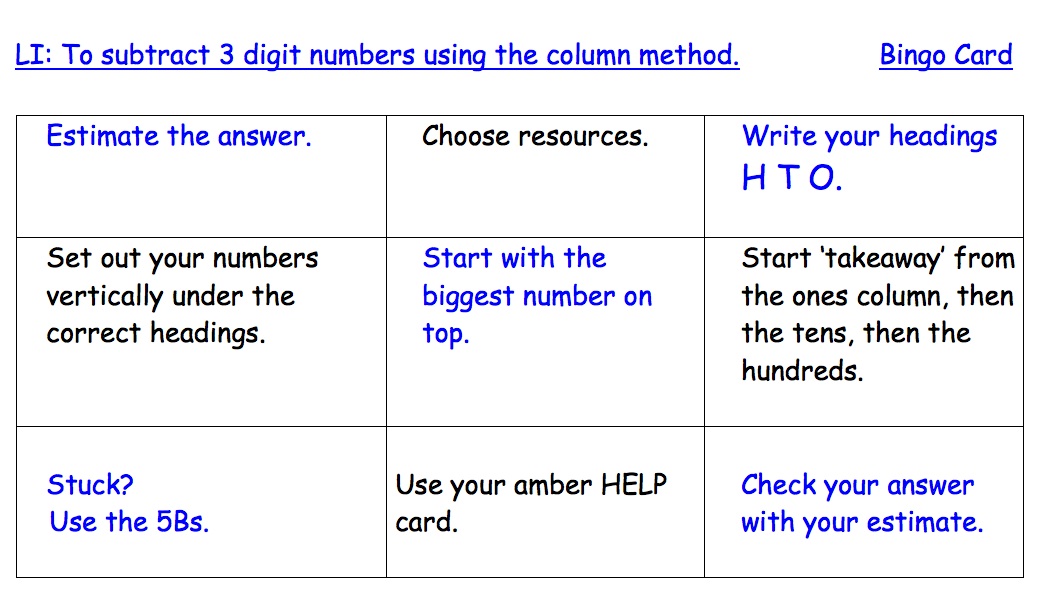Background
A growth mindset (Dweck, 2000) has become an accessible concept for the way learners need to feel about themselves and their abilities to be successful learners. Research over many years has highlighted that we all differ as learners, being somewhere on the continuum between a fixed and a growth mindset… A fixed mindset is the result of a continual focus on your ability rather than your achievement and effort. (Shirley Clarke, 2014)
As a team we launched a growth mindset approach back in September 2015. This has included:
- Growth mindset displays which we use as constant reference learning tools. Research has shown that displays allow subliminal learning.
- Establishing ‘Don’t know yet’ as a pupil mantra.
- Ensuring we praise the effort and named achievement. Being very specific rather than overusing superlatives. eg “That’s a mature and well thought out answer. I like how you remembered to include a metaphor” rather than “Brilliant answer! Well done!”
- Regularly using the language of growth mindset. eg. saying “The point isn’t to get it all right away but to grow your understanding step by step. What can you try next?” instead of “Not everybody is good at maths. Just do your best.”
What we did
I gave some of the Year 3 mathematicians this and asked them to tick the statements which they thought were true of them.
Have a go yourself before looking at the slide below if you are interested in discovering your own mindset. Most people have a mixture of both.

The results threw up something very unexpected and interesting. Have a look.

Impact on learning
It would appear that the growth mindset approach has had a greater impact on the Year 3 girls than on the year 3 boys.
It would also appear that the growth mindset approach is having a measurable impact.
Next step
To repeat this exercise across the rest of the school.
Reflections
The results have made me question how the boys are learning. Why are the girls ‘getting’ it? Why do boys think that they tend to give up more easily? Are they more competitive and so don’t want to fail in front of their peers? I’m very keen to see the results from across the rest of the school. Fascinating!

